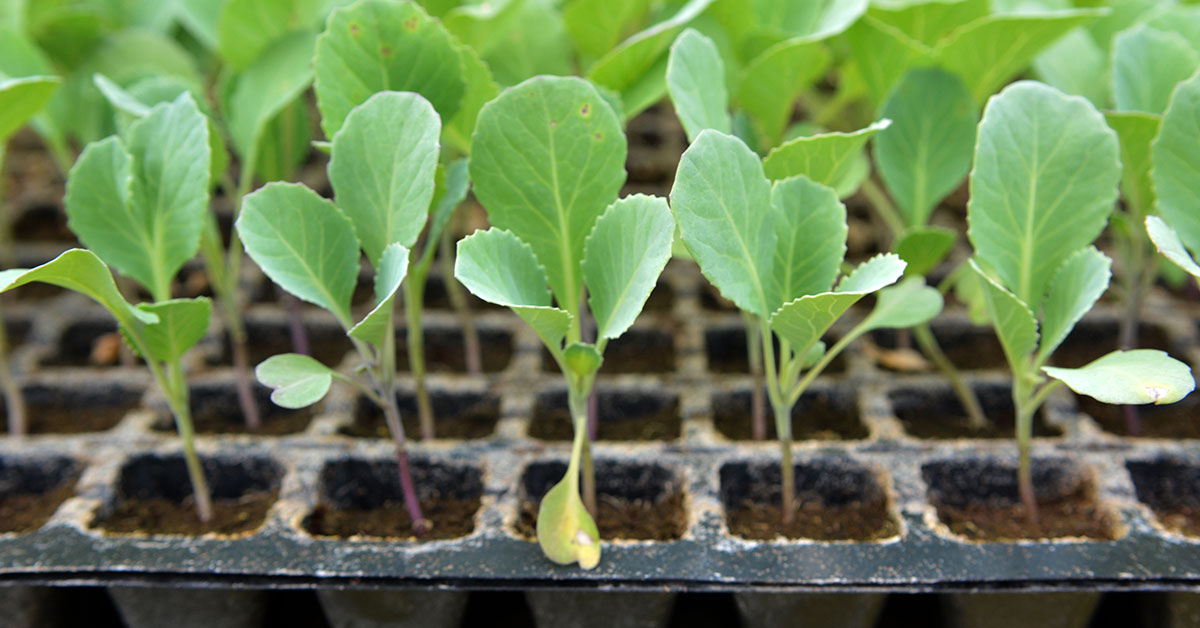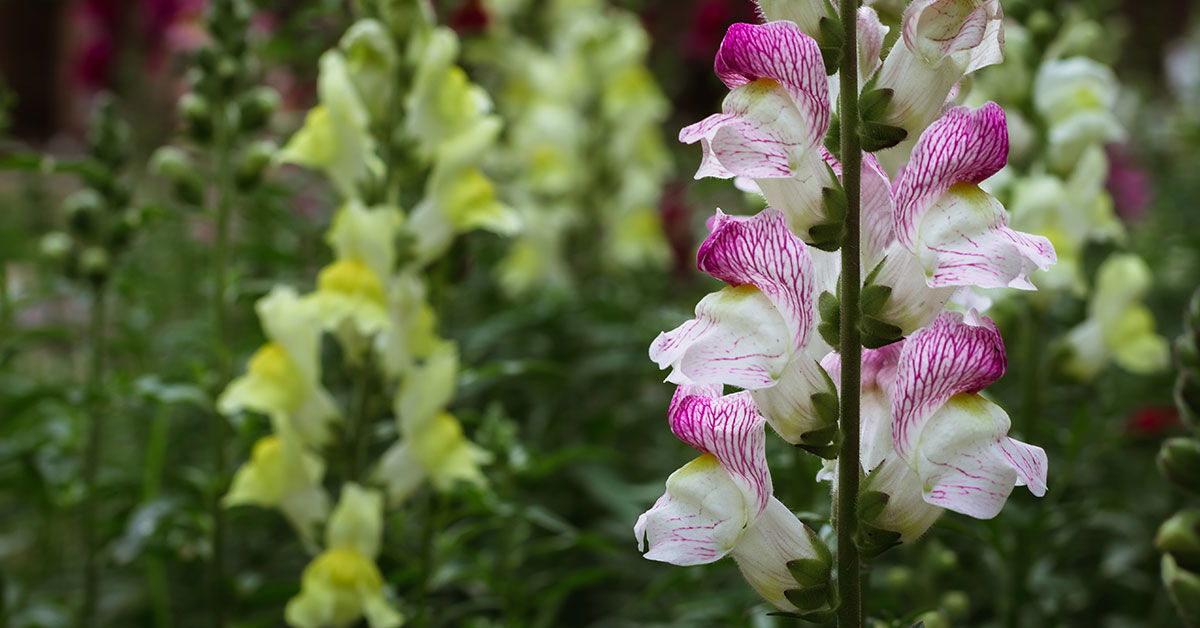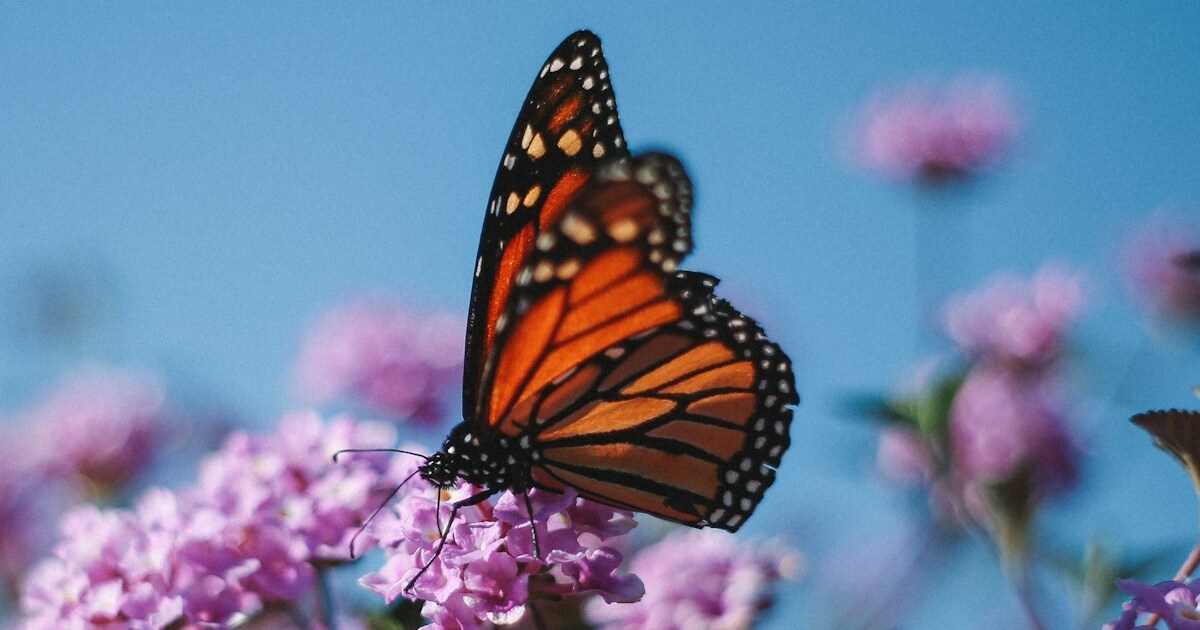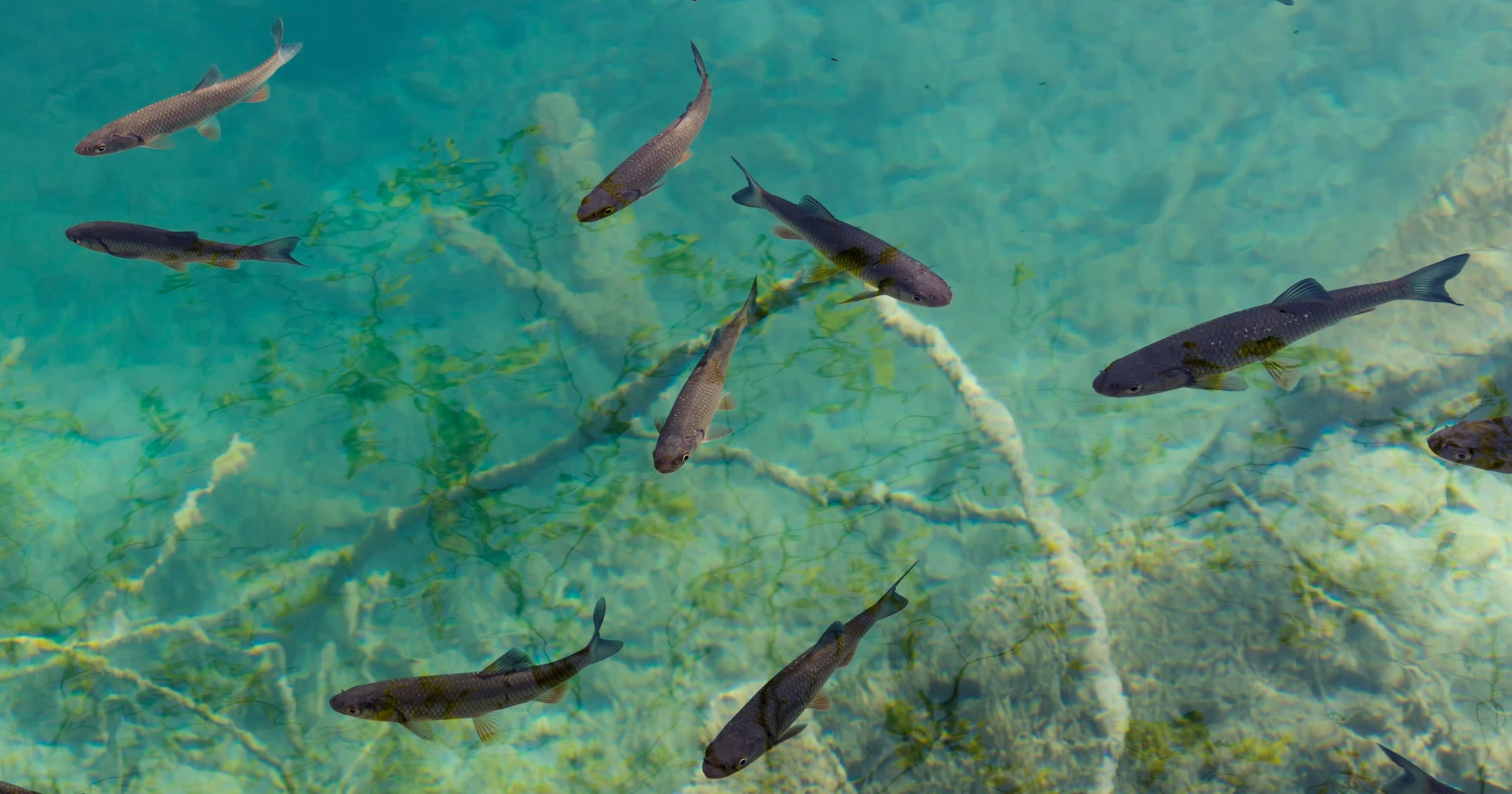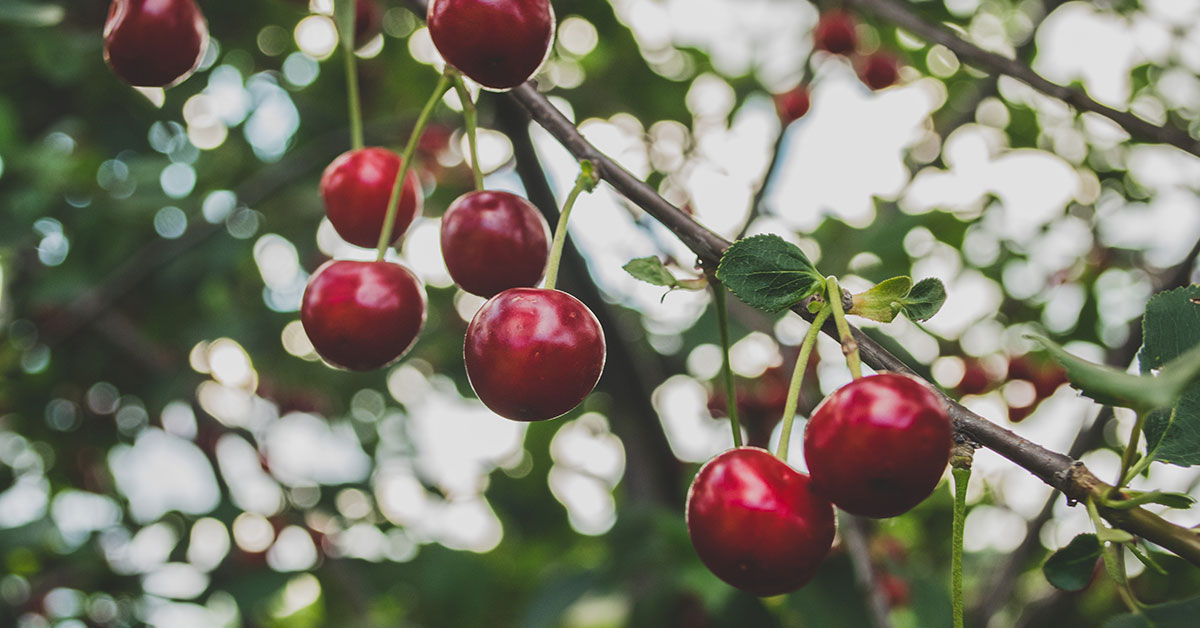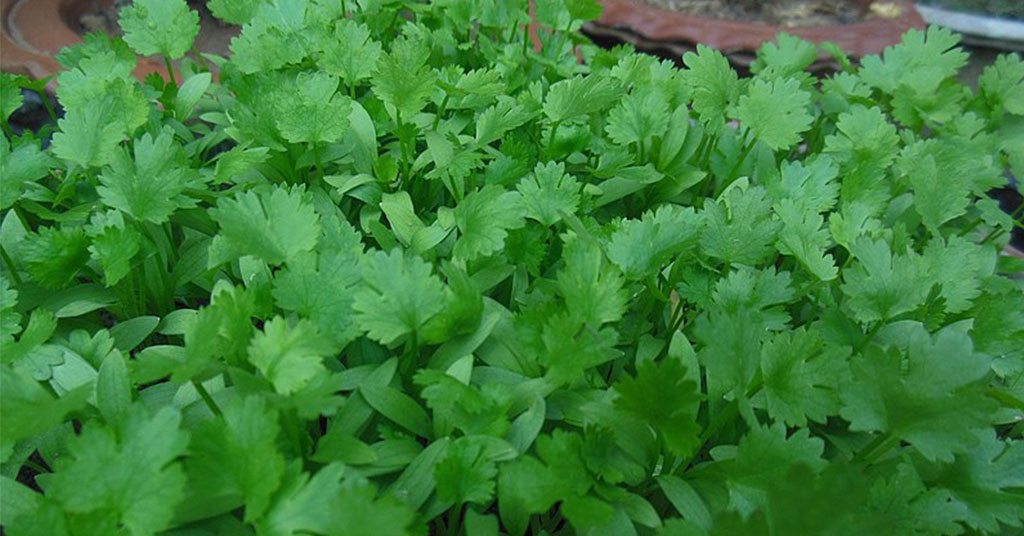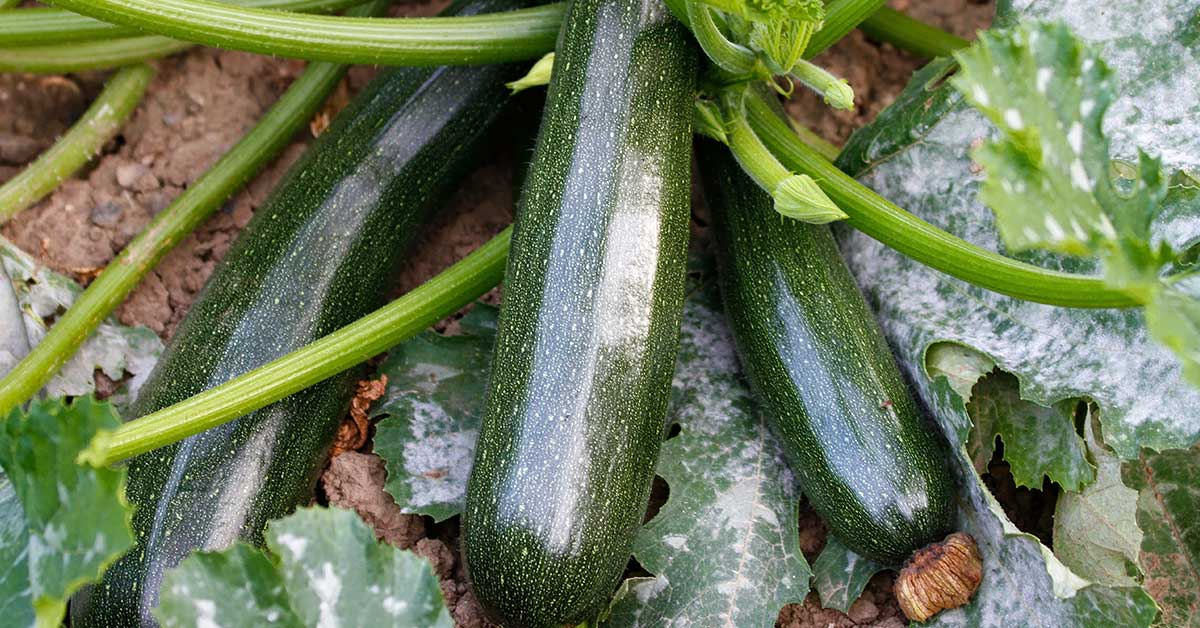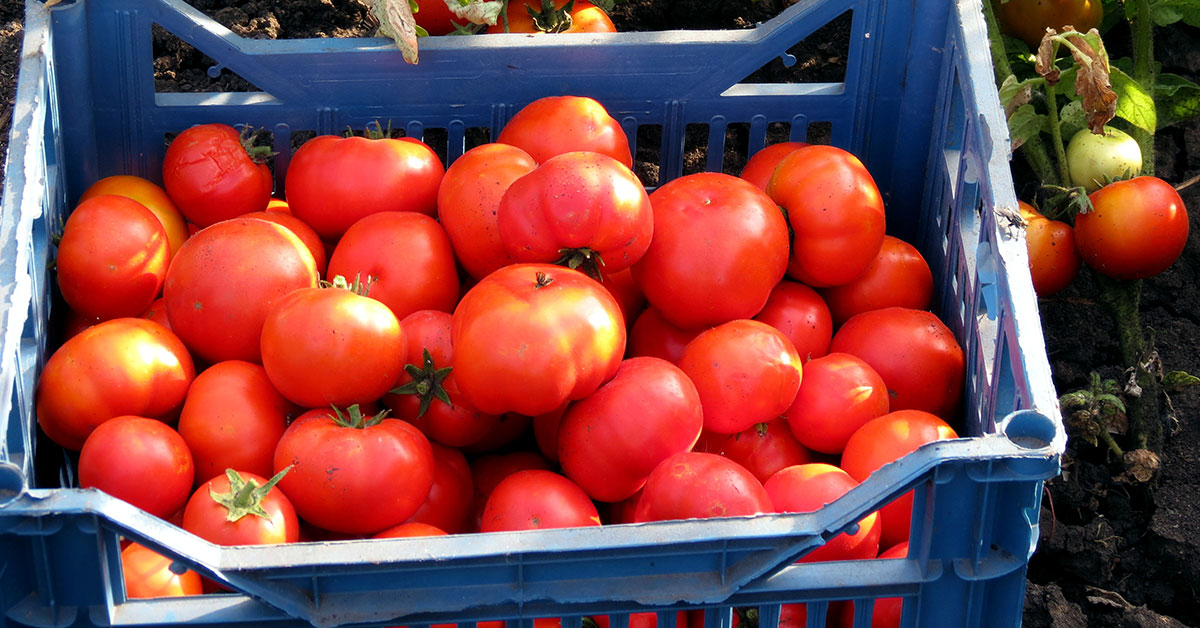Are you a gardening enthusiast in Tennessee wondering about the best time to plant cabbage? Look no further! As an experienced gardener well-versed in the nuances of growing vegetables in the Volunteer State, I am here to guide you through the optimal time to sow cabbage in Tennessee and ensure a successful harvest.
Tennessee’s unique climate and growing conditions make timing crucial for cabbage cultivation. Whether you’re a beginner or a seasoned gardener, understanding when to plant cabbage can make a significant difference in the quality and quantity of your yield. So join me in this article as we explore the best time to plant cabbage in Tennessee and unlock the secrets to a bountiful harvest.
Best cabbage varieties to grow in Tennessee
There are several varieties of cabbage that grow well in Tennessee’s climate. Here are a few popular options:
- Early Jersey Wakefield: This variety is known for its early maturity and conical-shaped heads. It has a crisp texture and a slightly sweet flavor.
- Copenhagen Market: This cabbage variety produces dense, round heads that are medium to large in size. It has a mild flavor and is often used in coleslaw and sauerkraut.
- Red Express: If you’re looking for a red cabbage variety, Red Express is a great choice. It has deep purple-red leaves and produces compact heads with a slightly peppery flavor.
- Stonehead: Stonehead cabbage is known for its small to medium-sized heads that are round and very solid. It has a mild flavor and is resistant to splitting.
- Golden Acre: This variety is a popular choice for its early maturity and compact, round heads. It has a mild, sweet flavor and is great for both raw and cooked dishes.
When selecting cabbage varieties, it’s important to consider your specific growing conditions and preferences. Be sure to check with your local garden center or extension office for specific recommendations tailored to your area in Tennessee.
When to plant Cabbage in Tennessee
In Tennessee, the state’s hardiness zones range from Zone 6a in the higher elevations of the Appalachian Mountains to Zone 8a in the warmer regions of the state. These zones provide gardeners with a general guideline for selecting plants that are well-suited to the local climate and temperature conditions.
When it comes to planting cabbage in Tennessee, it is best to consider the specific hardiness zone you are in. Cabbage is a cool-season crop that prefers moderate temperatures and can tolerate light frosts. Therefore, it is generally recommended to plant cabbage in Tennessee during the early spring or late summer.
For gardeners in the northern parts of Tennessee, which fall under Zone 6a or 6b, the best time to plant cabbage is in early spring, typically around mid-March to early April. This allows the plants to establish and grow before the arrival of the hot summer temperatures.
In central Tennessee, which falls under Zone 7a or 7b, cabbage can be planted both in early spring and late summer. The first planting can be done in early spring, following the same timeframe as in the northern regions. The second planting can be done in late summer, around mid-August to early September, to ensure a fall harvest.
For gardeners in the southern parts of Tennessee, falling under Zone 8a, the best time to plant cabbage is in late summer or early fall. Planting in late August to early September allows the cabbage to grow during the milder autumn months and be ready for harvest before the arrival of winter.
It is important to note that these timeframes are approximate and may vary slightly depending on the specific weather conditions and microclimates in your area. It is always recommended to consult local gardening resources or experienced gardeners in your community for more precise information based on your location.
Remember to provide cabbage plants with well-drained soil, ample sunlight, and regular watering to promote healthy growth. Additionally, consider using organic fertilizers or compost to improve soil fertility and provide necessary nutrients for optimal cabbage production.
When to harvest Cabbage in Tennessee
The optimal time to harvest cabbage in Tennessee is typically in the late spring or early summer, when the heads are firm and solid. This usually occurs about 70 to 90 days after transplanting or 90 to 120 days after sowing seeds, depending on the specific variety. It’s important to monitor the size and firmness of the cabbage heads to determine when they are ready for harvest. Additionally, keep in mind that cabbage can tolerate some frost, so you can extend the harvest period into the fall by covering the plants during colder weather.
Other considerations
When growing cabbage in Tennessee, there are several other considerations to keep in mind:
- Soil: Cabbage prefers well-draining, fertile soil. Prior to planting, amend the soil with organic matter such as compost to improve fertility and drainage. The ideal soil pH for cabbage is between 6.0 and 7.5.
- Sunlight: Cabbage requires at least 6 hours of direct sunlight each day. Choose a location in your garden that receives ample sunlight to promote healthy growth.
- Watering: Cabbage plants need consistent moisture to grow properly. Water the plants regularly, aiming to keep the soil evenly moist. Avoid overwatering, as it can lead to disease and root rot.
- Planting time: Cabbage is a cool-season crop that thrives in spring and fall. In Tennessee, start seeds indoors about 6-8 weeks before the last frost date. Transplant the seedlings outdoors once the soil has warmed up and all danger of frost has passed.
- Fertilizer: Cabbage is a heavy feeder and benefits from regular fertilization. Before planting, incorporate a balanced fertilizer into the soil. Additionally, side-dress the plants with nitrogen-rich fertilizer every 2-3 weeks during the growing season.
- Pest control: Cabbage is susceptible to several common garden pests, such as cabbage worms, aphids, and flea beetles. Monitor your plants regularly and take appropriate measures to control these pests, such as using organic insecticides or introducing beneficial insects like ladybugs.
- Crop rotation: To prevent the buildup of diseases and pests, it is essential to practice crop rotation. Avoid planting cabbage in the same location for consecutive years. Rotate cabbage with other unrelated crops to reduce the risk of soil-borne diseases.
- Companion planting: Some plants can help repel pests or enhance the growth of cabbage. Consider planting companion plants like onions, garlic, and herbs such as dill or thyme near your cabbage to deter pests and attract beneficial insects.
By considering these factors, you can increase your chances of successfully growing cabbage in Tennessee.


